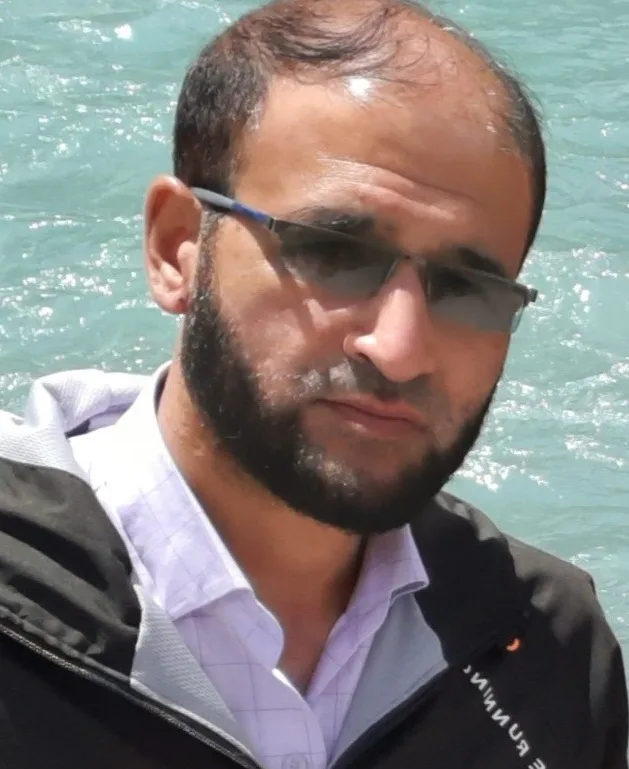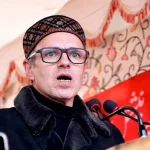The word “teacher,” by definition, is rooted in the verb “to teach” which comes from Middle
English “techen,” which means “to show” or “to instruct.” Thus, teacher is a person who helps
others to acquire knowledge and education. S/he also helps others to gain foundational skills
like self-discipline and interpersonal skills. As teacher shows the path, s/he thus leads the
society toward the lofty goal of enlightenment.
Let it be clear that enlightenment is so broad a term that it shouldn’t be bracketed with any
movement or region, because it is actually the embellishment of the whole world-view of a
people or society. Thus, if knowledge is power, then the teacher becomes the agent of
empowerment for the society and if knowledge is light (nur), the teacher becomes lighthouse
(pharos, fanus) to spread this light far and wide.
So, a teacher, by transferring knowledge from generation one to next, becomes the medium
through which a society maintains its rational continuity. Self-discipline taught by the teacher
plays a pivotal role in the organisation of the society. But for discipline society would loose its
organization and coherence.And, without organisation humans couldn’t be called “social
beings.” Through interpersonal skills humans multiply their capacities by working together for a
cherished goal. This also helps them to maintain their status as social beings.
Teaching, as such, doesn’t remain confined to the classroom. It rather percolates to every
sphere of the society to become a societal phenomenon. Every sphere of the society itself
becomes a classroom where almost every individual, having learnt something from a particular
teacher, starts delivering lectures of wisdom as per her/his capacity. Thus, in such a society,
every person becomes a learner as well as a teacher as per her/his capacity. Here, if a person
has never visited the school formally, s/he is still in a position to share with others the lessons
of her/his experience.
Keeping in view the significant role played by the teacher in shaping the minds (read lives) of
the students and thus reshaping the structure of the whole society, India, in 1962, chose to
celebrate 5 th September, birthday of Dr. S. Radha Krishnan, himself and educationist, scholar
and philosopher, besides being the 2 nd President of India, as National Teachers’ Day. The day
was chosen more to recognise great sacrifices and significant contributions made by the
teacher community in order to uplift the intellectual and academic standards of the society.
Since the nation’s dignity and intellectual preservation depends upon the sincerity they work
with and the sacrifices they made, therefore, the society must celebrate their contributions and
honour them as sincere individuals who reshape the destiny of the nation. Naturally, this
honour and respect would be reflected by every sphere of the society because there is not any
aspect of human society where teachers don’t make their impact.
On this day, the teachers themselves and the society at large is reminded of the role played by
the teachers community as a whole. It doesn’t, however, means that teaching is the only
profession adopted by a certain section (teachers) of the society. What it means is that it is the
profession which makes other professions what they actually are. The diligence and excellence
exhibited in this profession is reflected by other professions because of its primacy.
This significance of the teaching profession needs teaching professionals who could “modify the
behaviour” (educate) of individuals (students) so that they could “build the society and nation”
as per the requirement of the times. Although teaching professionals are simply teachers, but
the underlying emphasis is on the requirements which a person must possess to become a
qualified (real) teacher (in essence). However, it in no way means that a teacher must have any
“mysterious” qualifications to dream for becoming a teacher.
So far as the case of qualifications is concerned, their couldn’t be anything other than what the
educationists have prescribed for one to be a teacher. What we want to point out here is the
“natural ability” (aptitude, liyaqat in Urdu) than just the “academic requirement” (eligibility,
ahliyat in Urdu) for an individual to be an ideal teacher. Such a teacher would always be a
learner and student while accomplishing her/his role as a teacher. S/he would never shy away
from learning on daily basis and s/he would learn even from her/his mistakes.
This continuous learning process on the part of the teacher doesn’t mean learning just from
books. The matter of fact is that s/he would learn from the digital sources as well, but such a
teacher would from the whole society, not only from the “experienced elders” but from the
“experiencing youngsters” as well. S/he would modify and make changes, here and there, in the
experience of elders and would monitor the “experimentation” of the youngsters in order to
link the life lessons of the “generation past” and the “generation next!”
The teacher would neither treat the elders’ experiences as outdated nor would s/he consider
the youngsters’ experiments as outrageous/rebellious. S/he would rather act as an harmonizing
agent to make best use of both. Here, the classroom works as a laboratory for social
experimentation. This would help the teacher in the understanding of human behaviour and he
would thus guide the society in decision-making vis-a-vis crucial societal issues.
Here, the fact shouldn’t be lost sight of that by teachers we don’t meanonly those professionals
who are “designated teachers!”It is a fact that every sphere of human activity has its own
teachers who don’t always operate from the classroom. For example, a cultivator who is active
in the field in a remote area could have studied not only the pattern of crops which he grows,
but he, side by side, also studies the social pattern of the community which he lives in.
Thus, he would pass on the whole package of his expertise to the generations next. So, he is a
teacher in his own right! Likewise, a lady, in the context of Kashmir, who guides young girls,
from not-so-well-off families, to do embroidery work is also a teacher because she becomes the
agent of empowerment of multiple households. Similarly, a driver who provides service to
countless passengers, employees as well as otherwise, and makes possible their on time arrival
as well as departure, is also a teacher (wosta, in Kashmiri).
A society has to recognise the contribution and service of all these teachers because the society
needs them all. The fact should be kept in mind that God makes a balance between these
groups of teachers and keeps creating them with a balanced proportion. Any society that
produces any group of these teachers out of the required proportion, that society becomes
unstable socially as well as economically. However, among all these teachers, the good teacher
teaches, the better teacher explains and the best teacher inspires!
(Author is Sr. Assistant Professor Islamic Studies at GDC Sogam Lolab Kupwara. Feedback:
[email protected])





